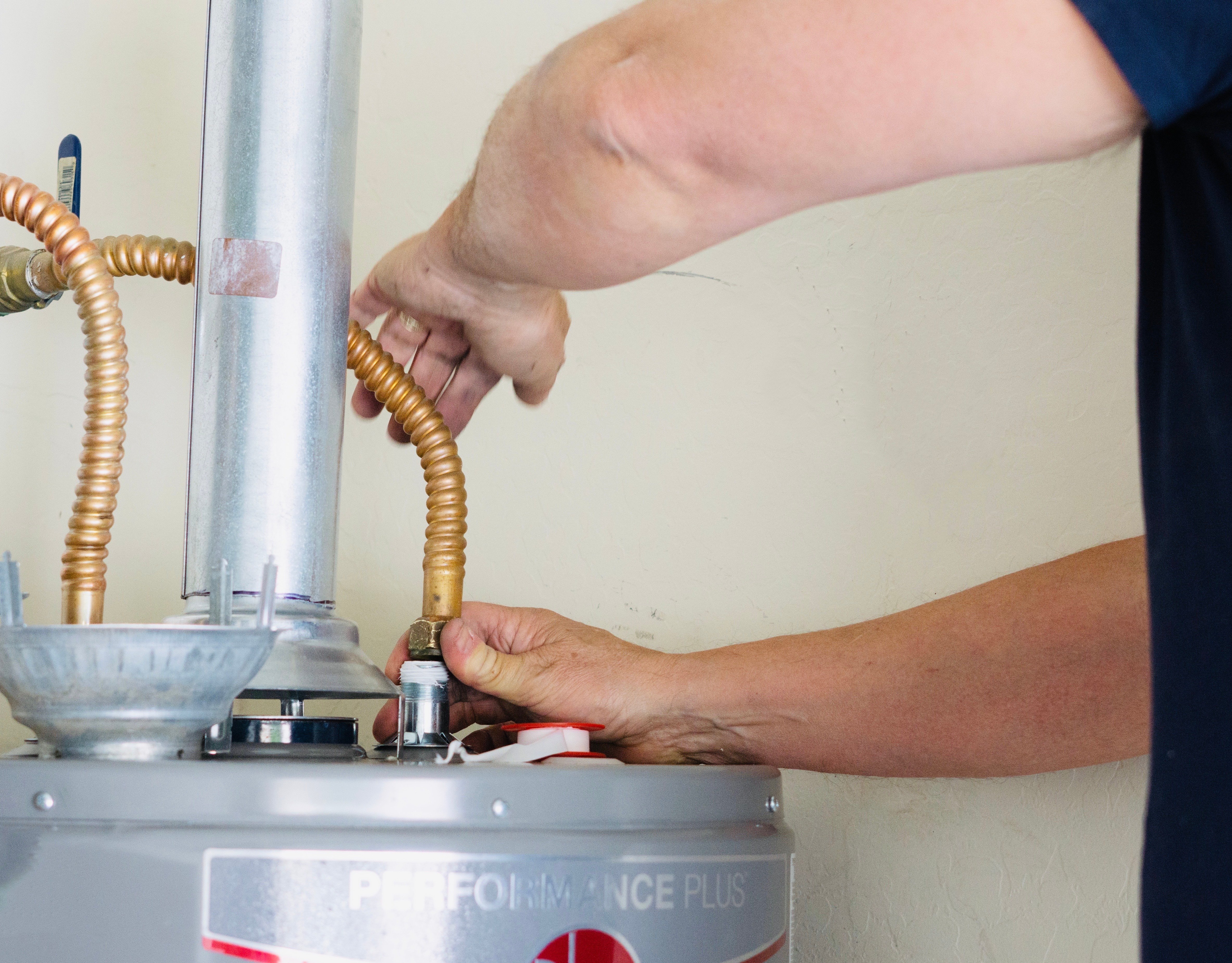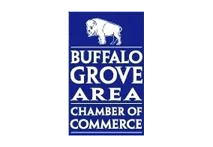If your home was built over 20 years ago, there's a good chance it may not be up to speed with the latest electrical safety and convenience features. Here are a few things to consider.
1. Frequently tripping breakers. This indicates that circuits are drawing more current than they can safely provide. It can also mean a dangerous electrical fault on one or more circuits.
2. Fading or flickering lights. Does running appliances like an air conditioner or dryer cause the lights to dim or flicker? 220 amp appliances draw a lot of current and should be wired on dedicated circuits. If smaller appliances such as microwaves are causing problems, consider adding a 20-amp line to service for them.
3. Overloaded outlets. If power-strips and plug-in addons are tangling up your outlets, your electrical system is likely working beyond its intended capacity. Adding circuits with duplex receptacles can restore neatness and safety.
4. Not enough outlets. If your home looks has extension wires running under rugs and furniture, your increasing the risk of an electrical fire and accidents. Consider adding more outlets.
5. Get grounded. Many older homes have outlets without three-prong grounded plugs. This is a bigger problem than not being able to plug in an appliance - it could indicate that your electrical wiring system is not fully grounded, and could be a safety problem.
6. Water hazards. Wet locations such as kitchens, baths and laundry rooms require outlets protected by Ground Fault Circuit Interrupters GFCIs. Adding GFCIs will make your home code-compliant-and safer. If you already have GFCIs be sure to test them regularly using the reset buttons.
ABC Plumbing Locations
Arlington Heights, IL220 W Campus Dr | Largo, FL11701 S Belcher Rd Suite 127 |
Downers Grove, IL1001 Ogden Ave LL4 | Tampa, FL4326 W El Prado Blvd Suite 7 |
Evanston, IL828 Davis St UNIT 205 | |
Our Blog
VIEW ALL BLOGS
Tankless vs. Tank Water Heater: Which One is Right for You?
-
What is Freon & Why is it Important?
Freon is a specialized refrigerant that plays a critical role in your home’s air conditioning system by facilitating the heat transfer process that cools indoor air temperatures. Understanding what freon is used for has become increasingly important for homeowners who want to make informed decisions about their home comfort and environmental stewardship.READ MORE -
Why Is My Home Cooling Unevenly? 6 Effective Solutions
The blog discusses common issues where some rooms in a home are too warm while others remain comfortable. It offers six solutions to rectify this imbalance: ensuring unobstructed air vents, keeping all vents and doors open for even air circulation, checking and cleaning air ducts for debris buildup, ensuring proper attic insulation to prevent cool air from escaping, installing ceiling fans for better air circulation, and addressing air duct leaks by sealing gaps and holes.READ MORE -
What Does the Evaporator Coil in Your Air Conditioner Do?
The blog discusses the role of the evaporator coil in the home's cooling system, which is responsible for heat transfer by drawing out heat and moisture from indoor air.READ MORE
Our Promises To You
-

Convenient For You
We Work on Your Schedule
-

Background Checks
We do Drug Tests And Background Checks Before Hiring
-

No Need For Stress
Get ABCs Worry-Free Guarantee at No Cost
-

No Surprises
Pricing is By the Job, Not the Hour














